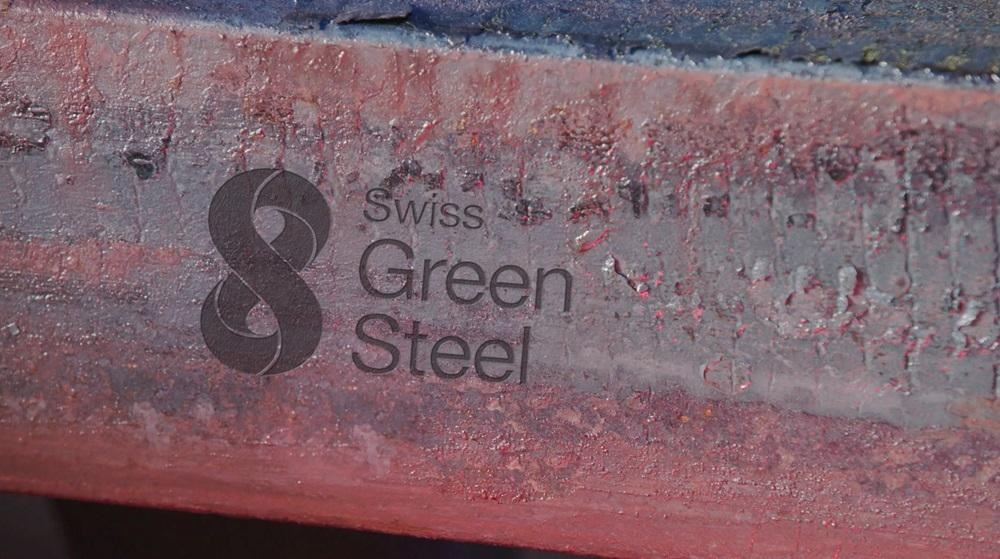AeroGenie — Your Intelligent Copilot.
Trending
Categories
Swiss Steel Group showcases material innovation for decarbonizing aviation

Swiss Steel Group Advances Material Innovation to Support Aviation Decarbonization
Swiss Steel Group is applying its metallurgical expertise and comprehensive aviation certifications to aid the aviation sector’s shift toward reduced emissions. Serving both civil and industrial aviation markets, the company adheres to rigorous standards throughout the supply chain, including EN 9100, IATF 16949, ISO 9001, ISO 14001, and ISO 50001. These certifications guarantee compliance with safety-critical material requirements while promoting environmentally responsible and energy-efficient manufacturing processes.
Challenges in Aviation’s Green Transition
The aviation industry faces increasing regulatory demands and ambitious climate targets, underscoring the growing importance of advanced materials in reducing environmental impact. However, progress is hindered by limited market competition and insufficient policy incentives to accelerate innovation among manufacturers. The development and deployment of new aircraft technologies essential for lowering emissions and energy consumption have experienced delays. Additionally, sustainable aviation fuel (SAF) production remains constrained by early-stage investment challenges. Environmental groups have also criticized aircraft manufacturers for inadequate commitment to decarbonization initiatives.
Material Innovation as a Decarbonization Catalyst
In its 2024 white paper, Swiss Steel Group emphasizes the critical role of material innovation in advancing aviation decarbonization. The company highlights several key areas where advanced materials can contribute significantly. These include weight reduction through the use of high-strength specialty steels, which enhances fuel efficiency; improved durability and corrosion resistance to extend maintenance intervals and conserve resources; and superior performance under extreme thermal and mechanical stresses, particularly in engines and structural components. Furthermore, Swiss Steel Group advocates for sustainable production practices, leveraging regional supply chains and electric arc furnace (EAF) technology that utilizes recycled raw materials.
Although industry-wide innovation is progressing slowly, emerging technologies such as Liebherr’s electro-mechanical actuators and folding wingtips suggest a gradual shift toward more sustainable aircraft designs. Swiss Steel Group’s white paper, intended for material specialists, engineers, and aviation decision-makers, offers practical strategies for emissions reduction and material optimization. As the aviation sector confronts both technological and policy challenges, material innovation remains a vital mechanism for achieving meaningful decarbonization.

Factors Positioning Airbus for Leadership in 2026

Emirates Unveils Cabin Design for New Boeing 777X

Eighteen Years On, the Airbus A380 Remains Central to a $34 Billion Airline

How a boom in luxury airline seats is slowing down jet deliveries

Navitaire Outage Attributed to Planned Maintenance

Airbus Plans Record Delivery of 870 Aircraft in 2026

DigiYatra Debuts Outside Aviation at India AI Impact Summit

Vietnam Orders Strengthen Boeing’s Commercial Outlook

Airbus Signals Uncertainty Over Future A400M Orders

JobsOhio Awards $2 Million Grant to Hartzell Propeller for Innovation Center
